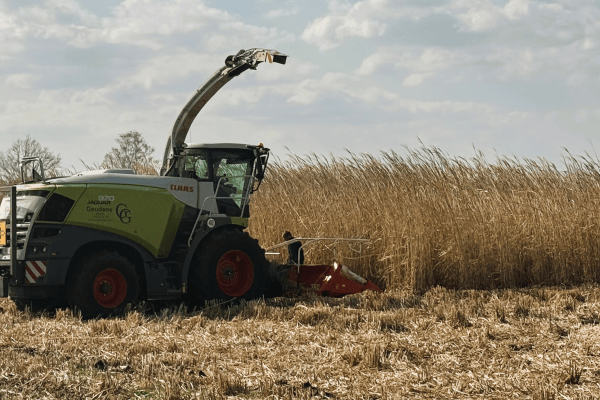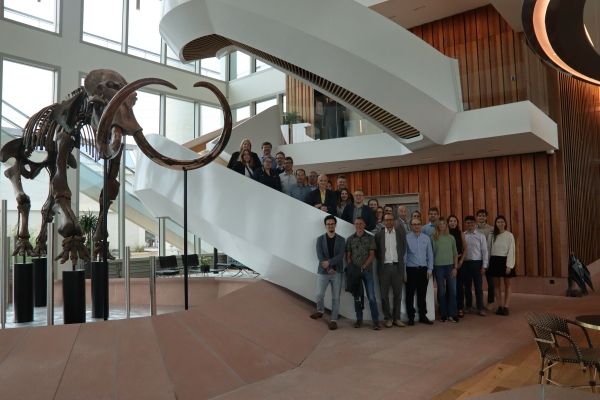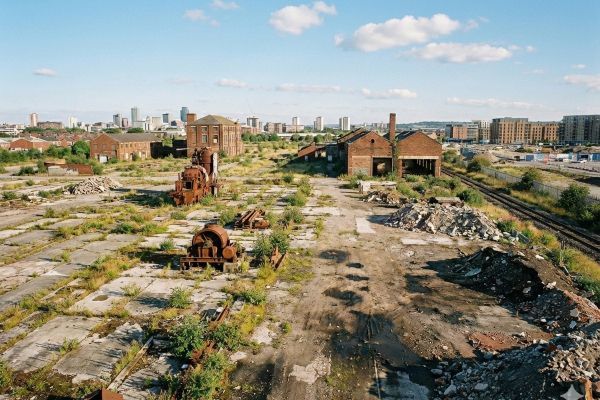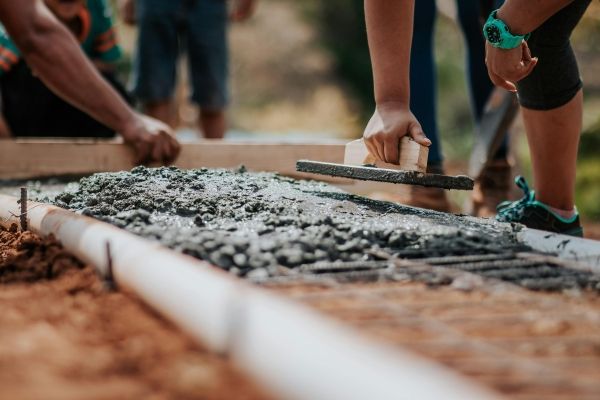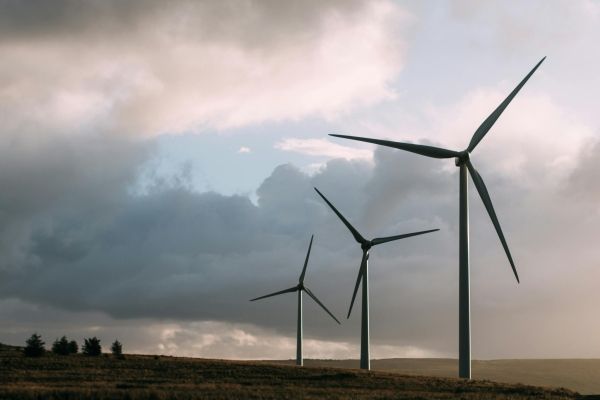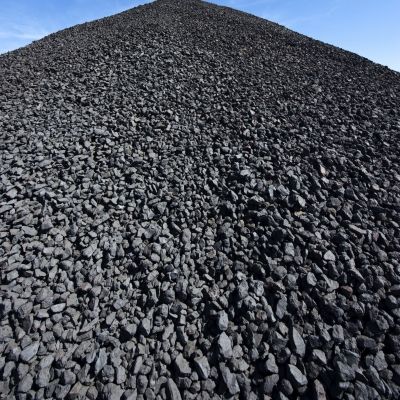Towards low-impact cement much faster thanks to the flash-calciner
Cement production currently accounts for 8% of all CO2 emissions worldwide. Portland cement production is therefore under severe pressure. The lab flash-calciner built by VITO in Mol with the support of the European Regional Development Fund (ERDF) meets the construction industry's demand for low-impact building materials based on industrial residues.
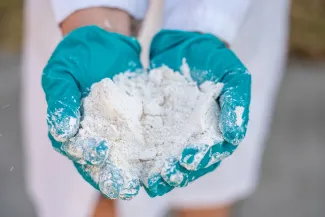

Dredging work, surplus soil or soil remediation sometimes leaves behind very clay-rich residual streams. These residual streams are ideal for calcination. In this process, they are heated to a temperature of between 600 and 1200°C. What then comes out of the furnace is calcined clay. This clay can replace up to 30% of Portland cement without losing strength. This process reintroduces residual streams into the production chain and reduces the CO2 emissions associated with producing Portland cement.
Infrastructure for collaborative research
With the lab flash-calciner that is part of the sustainable materials research lab, VITO meets an urgent demand from the cement and construction industries. Indeed, all players in the value chain will have access to this new infrastructure for joint research, or research within the framework of a project. Not only will they be able to conduct tests in this flash-calciner, but at the same time they will be able to obtain information about their residual streams. They can also have the alternative cements tested at mortar and concrete level.
Monitoring process parameters and emissions
The lab flash-calciner will also be equipped with several measuring points, allowing process parameters and emissions to be accurately monitored at any location. In this way, future investors can also test and adjust processes and collect the necessary data that can be used when applying for an environmental permit. Remarkably, this pilot infrastructure not only allows standard emission measurements, but is also fitted with equipment to very specifically sample PFAS.
The flash-calciner should be delivered by mid-2025. The European Regional Investment Fund ERDF provides €283,200 in grants. The total project is estimated at €731,000.
Contact
Arne Peys (Expert Circular Cement Substitutes), arne.peys@vito.be
Liesbet Van den Abeele (Project co-ordinator flash-calciner), liesbet.vandenabeele@vito.be



